Bao (2018) Short Film Review: Asian representation in mainstream Hollywood has long been caricaturish and cartoonish. A handful of films stand out in terms of getting Asian culture right, and with the recent Oscar win for “Everything Everywhere All At Once,” there’s a hope that the proper representation of Asian culture will grow in American films.
There is, however, an animated short film produced by Disney-Pixar, which was shown before “Incredibles 2” when that film was released in theatres. It showcased the immigrant Asian and was pretty effective in its short run time. The film is “Bao,” a heartwarming animated short directed by Pixar’s first-ever woman director, Domee Shi, and it portrays a unique visualization of Asian immigrants and overprotective parenthood.
The short starts quite deliciously, and as the title suggests, “Bao” means baozi, a Chinese steamed bun filled with various meat and vegetable fillings. It follows a Chinese woman, lovingly making baos for herself and her husband, who ferociously eats them and leaves for work, leaving the woman alone.
The woman slowly proceeds to eat her bao, but to her utter disbelief, the bao comes to life, and soon enough, she treats it like her own child. Still, as the bao-child grows up, it demands to be independent, but the overprotective nature of the woman gets the better of her, leading to a shocking sequence even for a Pixar movie.
The woman’s protective nature towards her bao-child would be familiar and relatable to many Asian people who grew up in a protective household. These kids tend to become more rebellious, as was the case with the bao-kid. After being stopped by her human mother to play with other kids, it slowly starts to rebel against everything the woman stops it for, going as far as bringing its fianceé and trying to leave with her.
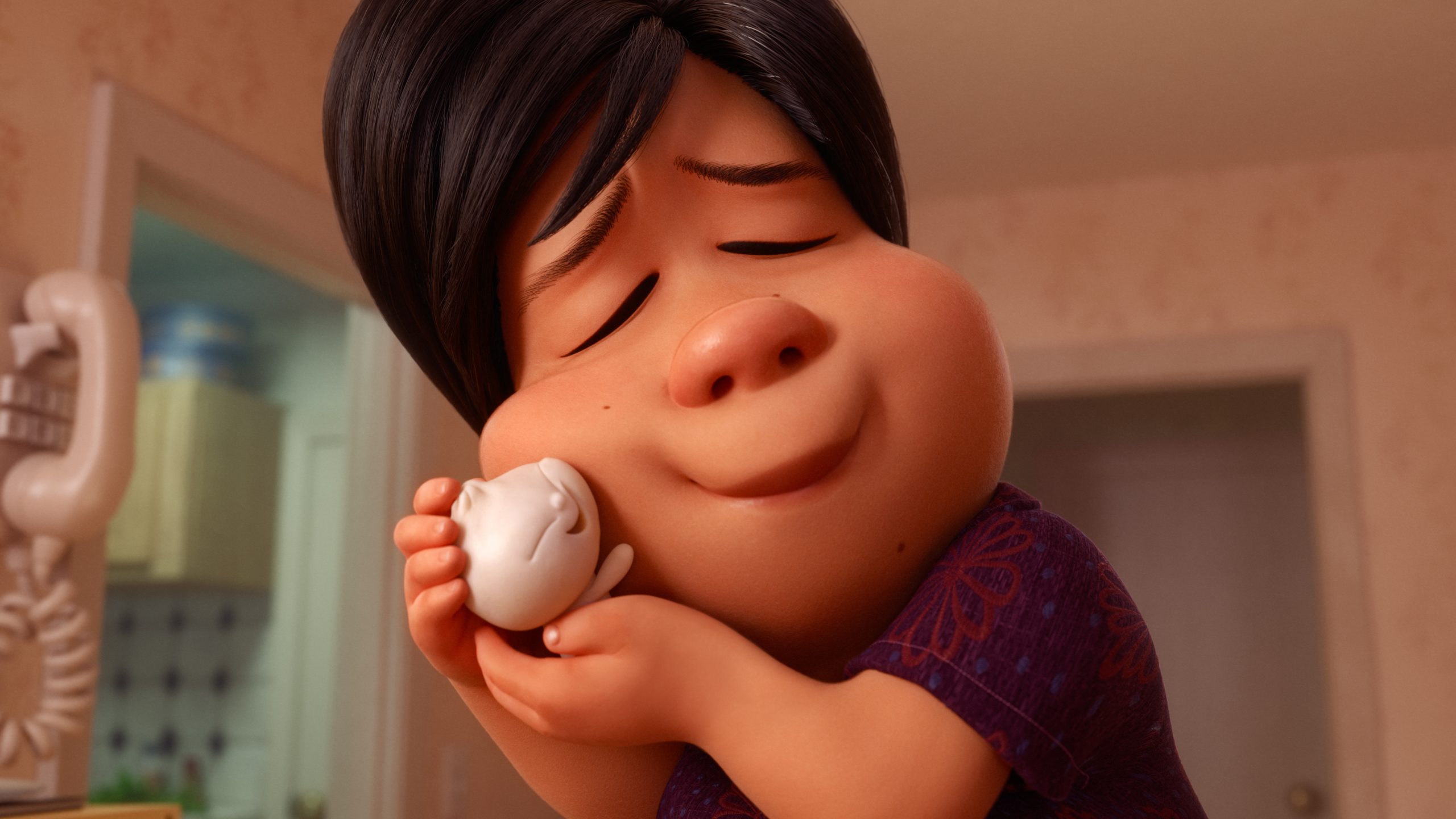
Then the woman acts in a way that can be disturbing for some. But the woman intends to keep the child all to herself, although she does realize that her act is crude and breaks down in tears. All of this was an allegorical dream the woman was having, and we soon see the real kid of the woman, who, not surprisingly, looks just like the grown-up bao. They reconcile and, with the boy’s girlfriend, make baos again.
The unique allegory of using a bao to portray motherhood was a sweet touch. It plays into the idea of how adorable kids can be. Bao is a double entendre, which can either mean a dumpling or childhood endearment. How food can work as an emotional bond is scattered throughout the film: from sharing food with the bao-child to cooking food to make amends with him.
And when the actual son returns, he brings her the sandwiches they used to have together, the same ones he once refused, as a sign of reconciliation. After all, food is a part of whatever culture you are from. It has the power to bring people together, whatever the circumstances.
While Bao has a universal theme, the salient core message is for the children who grow up in a different world than their parents and how the cultural barriers often lead to familial miscommunication. The mother decelerates the self-sufficient struggle of growth. Her sacrifices for her child are forgotten when her overprotective nature takes the better of it, and she cannot accept that her child is no longer her extension. But in the end, in the actual world, she forgives her son and lets it go.
The movie recalls the allegory of empty nest syndrome, the pain & anguish the parents suffer when the child leaves home. This can be the tale of any household, and its brilliance and relatability lie there. The entire film unfolds with gestures. There is no reigning language, making the theme more universal to approach.
No language barrier makes every gesture, every laugh, anger, and cry feel deliberate, and the short weaves a delicious culturally significant magic, telling the flawed immigrant family story and teaching us to let go – because Irrfan Khan, as Pi Patel, once said, “I suppose in the end, the whole of life becomes an act of letting go.”


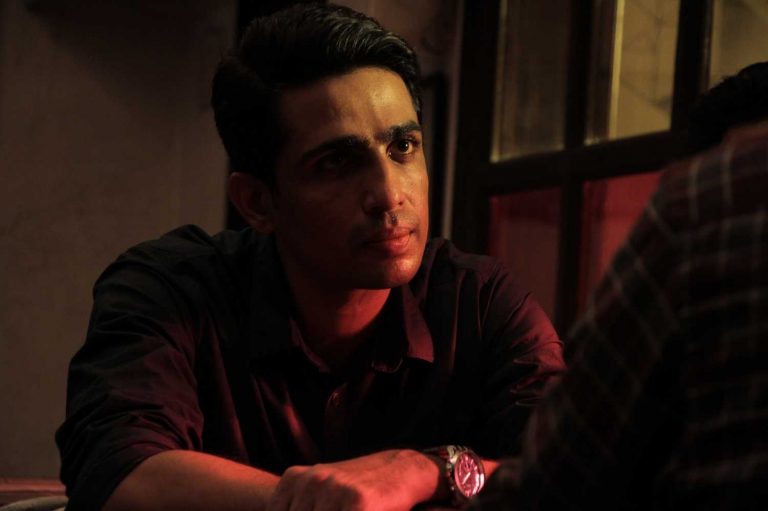
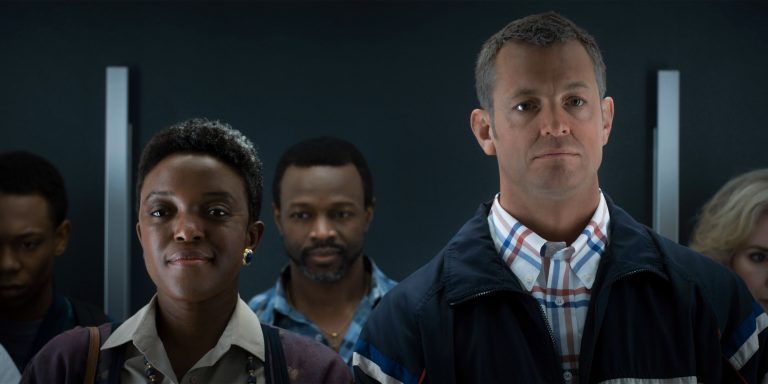
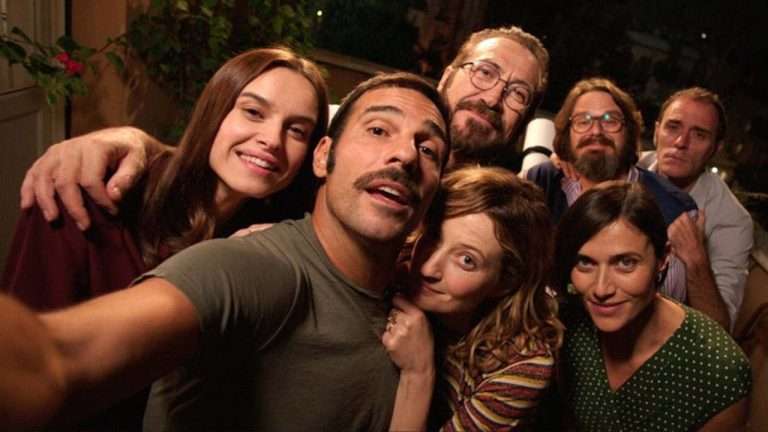
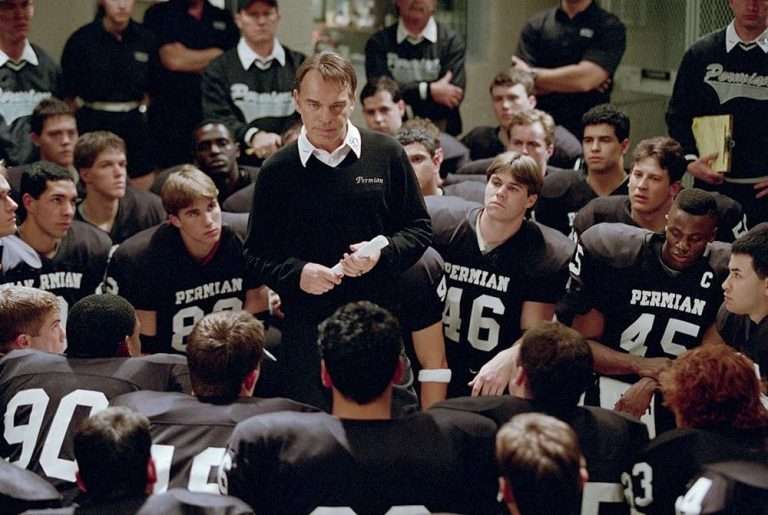
![Dogs (Caini) [2017]: BENGALURU INTERNATIONAL FILM FESTIVAL (BIFFES)](https://79468c92.delivery.rocketcdn.me/wp-content/uploads/2017/02/dogs-caini-cannes.jpg)
![Lookback at Bresson: Pickpocket [1959]](https://79468c92.delivery.rocketcdn.me/wp-content/uploads/2019/06/Pickpocket-Michel-and-Jeane-in-Cafe-768x557.jpg)